Medak Pocket trial: Witnesses testify about mother's death
Two protected witness gave evidence Wednesday at the war crimes trial of Rahim Ademi and Mirko Norac.
Thursday, 15.11.2007.
13:18

Two protected witness gave evidence Wednesday at the war crimes trial of Rahim Ademi and Mirko Norac. They are accused of the murder of civilians during a September 1993 Croatian Army operation in the Medak Pocket, in what was formerly the Serb-dominated Krajina region of Croatia. The Hague Tribunal has referred their case to Croatian judiciary. Medak Pocket trial: Witnesses testify about mother's death The witnesses, son and daughter, described the murder of their mother, B.P., from the village of Citluk. Seventeen days after the operation, she was found in a location some two kilometers from the village, with one bullet in the back of her head, several more in her chest covered, and severed fingers on her right hand. Her son, who had been a driver of military medical vehicles at the time, told the court that he had found his mother’s body with the assistance of a Croat woman. The witness said that he had heard numerous accounts of crimes, including one where Croatian soldiers had tied one of Citluk’s inhabitants, a mentally retarded man, to the back of a car and had driven him around a garden, adding that, later in Korenica, he saw the mangled bodies of a number of civilians whose faces had been uncovered for the purposes of identification. He described Citluk as a village populated solely by civilians who made their living through farming and cattle breeding, and that, for their own protection, they had formed their own guard armed with Papovka semi-automatic rifles and the odd automatic. “Had the Croatian Army known how many of them there were, they would just have walked into Citluk,“ said the witness, and explained that Serb soldiers had been stationed at their headquarters in the village of Pocitelj, where UNPROFOR troops had also been present. The witness confirmed that prior to the operation, a number of Serb artillery positions had been located in the Medak Pocket. Mirko Norac’s defense team challenged the witness’s testimony, claiming that other evidence pointed to B.P. being killed by an explosive device. The victim’s daughter said that she had known nothing of her mother’s fate, other than that she had been shot in the chest, though she described the Croatian assault on Citluk and the flight of civilians to Medak. She said that after the village had been taken, it was burnt to the ground, and that fire and smoke could be seen all the way from Medak, and that she could hear the shouts of Croatian troops, who, she claimed, proceeded to celebrate and distill spirits. According to the witness, besides houses, farm buildings housing livestock were also destroyed and burnt to the ground. At the beginning of the trial, Presiding Judge Marin Mrcela read out part of evidence documentation, chiefly expert reports on the discovered bodies and remains. A report by Belgrade expert Zoran Stankovic was read out on the injuries to ten or so Serb prisoners arrested during the operation, and who, prior to being exchanged, were held in prisons in Gospic, Otocac, Rijeka and Karlovac. Stankovic said in his report that the prisoners had been beaten and starved, and had been denied medical treatment. After these witnesses failed to respond to court summons concerning the matter, the court offered them a guarantee that they would not be arrested on entry into Croatia for other alleged crimes, and that according to the new schedule, some of them would be questioned at the end of November.
Medak Pocket trial: Witnesses testify about mother's death
The witnesses, son and daughter, described the murder of their mother, B.P., from the village of Čitluk. Seventeen days after the operation, she was found in a location some two kilometers from the village, with one bullet in the back of her head, several more in her chest covered, and severed fingers on her right hand.Her son, who had been a driver of military medical vehicles at the time, told the court that he had found his mother’s body with the assistance of a Croat woman.
The witness said that he had heard numerous accounts of crimes, including one where Croatian soldiers had tied one of Čitluk’s inhabitants, a mentally retarded man, to the back of a car and had driven him around a garden, adding that, later in Korenica, he saw the mangled bodies of a number of civilians whose faces had been uncovered for the purposes of identification.
He described Čitluk as a village populated solely by civilians who made their living through farming and cattle breeding, and that, for their own protection, they had formed their own guard armed with Papovka semi-automatic rifles and the odd automatic.
“Had the Croatian Army known how many of them there were, they would just have walked into Čitluk,“ said the witness, and explained that Serb soldiers had been stationed at their headquarters in the village of Počitelj, where UNPROFOR troops had also been present.
The witness confirmed that prior to the operation, a number of Serb artillery positions had been located in the Medak Pocket.
Mirko Norac’s defense team challenged the witness’s testimony, claiming that other evidence pointed to B.P. being killed by an explosive device.
The victim’s daughter said that she had known nothing of her mother’s fate, other than that she had been shot in the chest, though she described the Croatian assault on Čitluk and the flight of civilians to Medak.
She said that after the village had been taken, it was burnt to the ground, and that fire and smoke could be seen all the way from Medak, and that she could hear the shouts of Croatian troops, who, she claimed, proceeded to celebrate and distill spirits.
According to the witness, besides houses, farm buildings housing livestock were also destroyed and burnt to the ground.
At the beginning of the trial, Presiding Judge Marin Mrčela read out part of evidence documentation, chiefly expert reports on the discovered bodies and remains.
A report by Belgrade expert Zoran Stanković was read out on the injuries to ten or so Serb prisoners arrested during the operation, and who, prior to being exchanged, were held in prisons in Gospić, Otočac, Rijeka and Karlovac.
Stanković said in his report that the prisoners had been beaten and starved, and had been denied medical treatment.
After these witnesses failed to respond to court summons concerning the matter, the court offered them a guarantee that they would not be arrested on entry into Croatia for other alleged crimes, and that according to the new schedule, some of them would be questioned at the end of November.










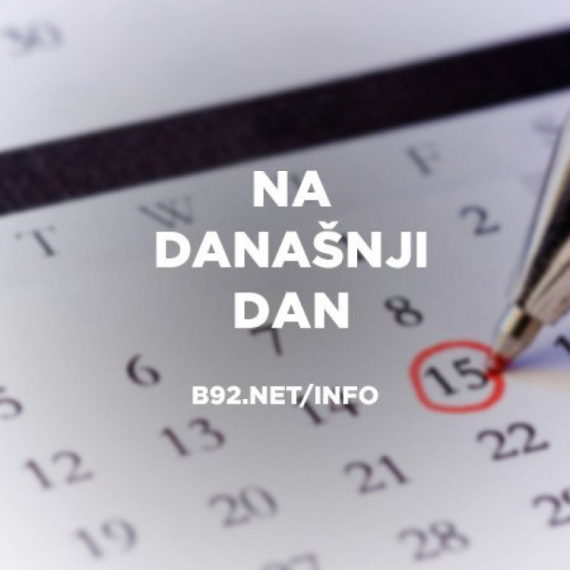

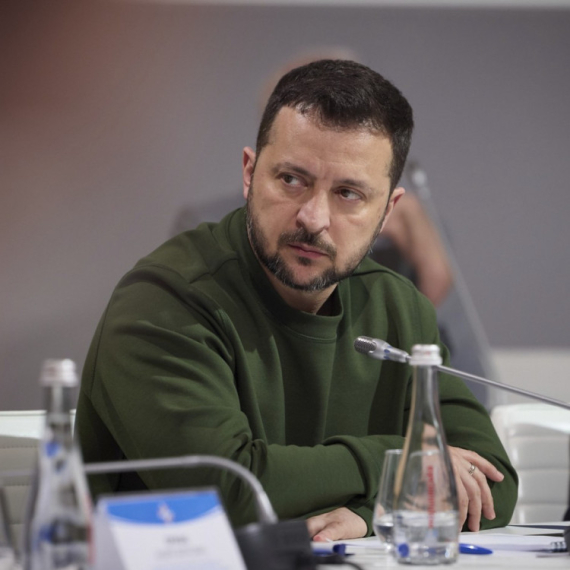


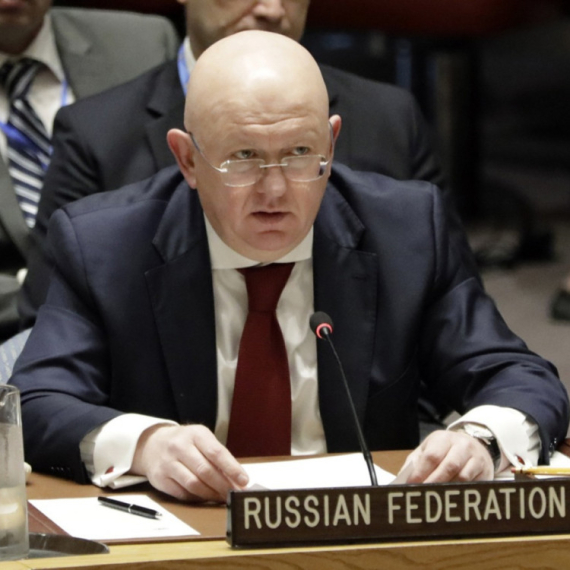









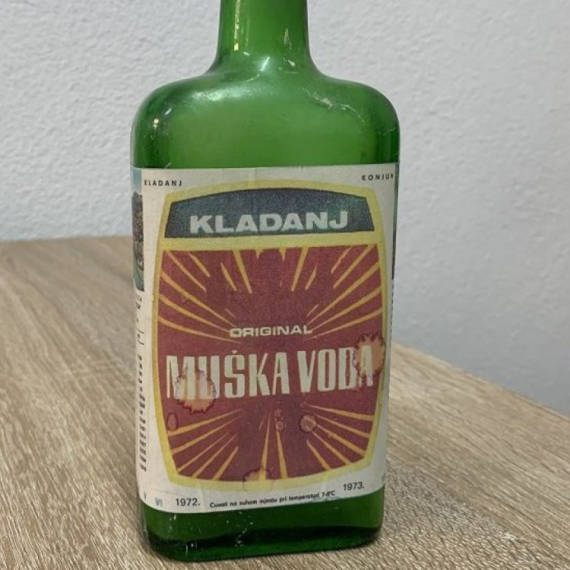
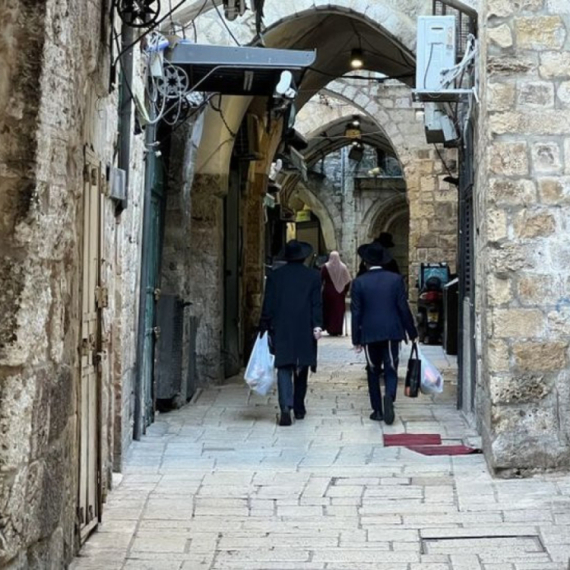

Komentari 6
Pogledaj komentare